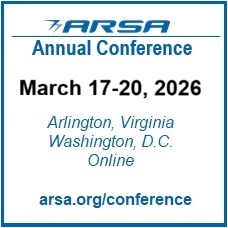ARSA Achieves Major Victory for Small Business
On March 1, 2011, a U.S. Court ordered the Federal Aviation Administration (FAA) to explain why the court should not issue a writ of mandamus that ARSA petitioned for on February 17, 2011. That writ would require the agency to issue, within 90 days, a final Regulatory Flexibility Act (RFA) analysis of its 2006 drug and alcohol testing rules. In the meantime, the writ would stay the applicability of those rules to subcontractor employees “at any tier.”
ARSA was compelled to file the petition for a writ of mandamus (a command from a court forcing compliance with an order) after the FAA failed to comply with a court mandate issued more than three years ago. That mandate required the FAA to perform a final RFA analysis of its 2006 drug and alcohol rules.
“This is a major victory for small business and establishes that the Regulatory Flexibility Act can have teeth,” said ARSA Executive Director Sarah MacLeod. “This ruling shows that agencies cannot flaunt the law without consequence.”
As a result of the the court’s order, the FAA published a Supplemental Regulatory Flexibility Determination in the Federal Register on March 8, 2011. The association’s initial review of the supplemental determination indicates that the FAA’s has simply redrawn its original conclusion—a final RFA analysis is not required since the rule has a minimal effect on small business.
“We are carefully reviewing the supplemental regulatory flexibility determination and will issue a robust and detailed response once we have processed the information,” said Craig Fabian ARSA’s vice president of regulatory affairs and assistant general counsel.
“ARSA will continue to pursue this case to ensure that FAA complies with its legal obligations and that the interests of small aviation maintenance contractors and subcontractors are considered in the rulemaking process,” Fabian said.
For more information and background on the history of the case, click here.








